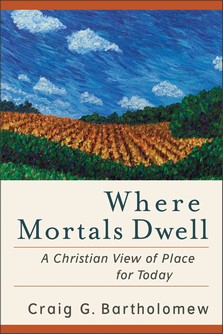James Rusthoven
Research Area:
Bioethics is a young discipline whose formative leaders have come from fields such as theology, philosophy, biology, anthropology, and medicine. Intense internal debate has occurred over the past 30 years regarding the best method to use when engaging bioethical problems. Competing methods of deliberation and decision-making have drawn from various theories and frameworks and have been classified broadly as top-down and bottom-up methods. Those in the former category start with cases, concentrate on the particulars of the case, and draw from previous key cases and established theories or frameworks to justify decisions. Those in the latter involve starting with a preferred theory and fitting the particulars of the case or situation with that theory. Largely in response to practical needs, several scholars of bioethics have proposed using principles that derive from a perceived common morality. According to proponents, such a concept of morality does not require a basis in any particular theory of ethics nor presuppositional grounding as justification for choosing solutions for bioethical problems. It is contended that such a morality is deficient in its premises, leading to decisions driven by accommodation of beliefs for the sake of consensus. My project critiques the dominant contemporary bioethical framework known as principlism and proposes a reconceptualization of the principles embodied in this framework by means of a biblically-based covenantal ethic.
About Jim:
Jim attended Trinity Christian College in Palos Heights, Illinois. Receiving his medical training at the University of Illinois, he completed subspecialty training in infectious diseases and medical oncology in the US and Canada. He taught, practiced, and did clinical research in oncology in Toronto and Hamilton until 1998. After working for several years with a pharmaceutical company developing a new cancer drug, Jim obtained a master’s degree in bioethics from the University of Toronto. Outside of his current doctoral studies, he has a part-time medical practice in Brantford, Ontario, teaches part-time at the medical school at McMaster University, and chairs the Biotechnology Reference Group of the Canadian Council of Churches. This interdenominational group promotes reflection and education on ethical and theological issues related to new biotechnologies. Jim’s immediate family consists of his wife Thea and three grown sons. Thea is a professor of French literature at Redeemer University College. Jim and Thea are active members of the Christian Reformed Church.
Stories from James Rusthoven
- Group:
